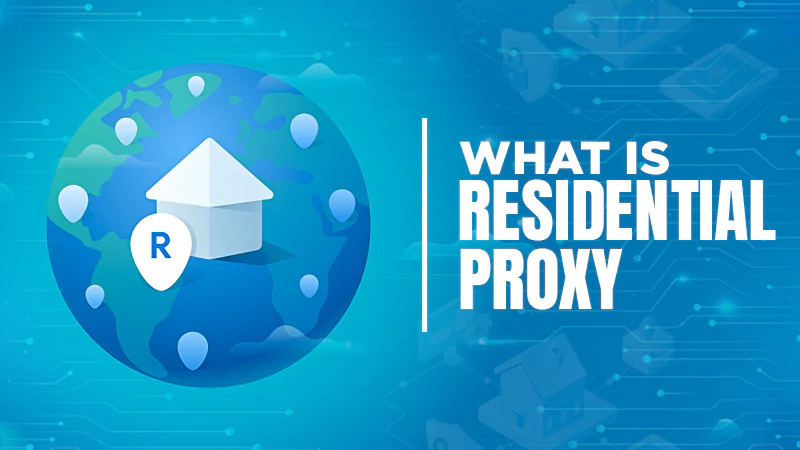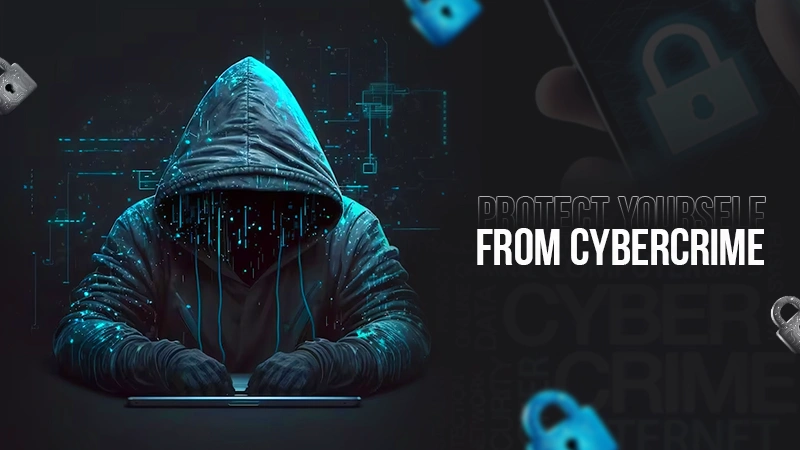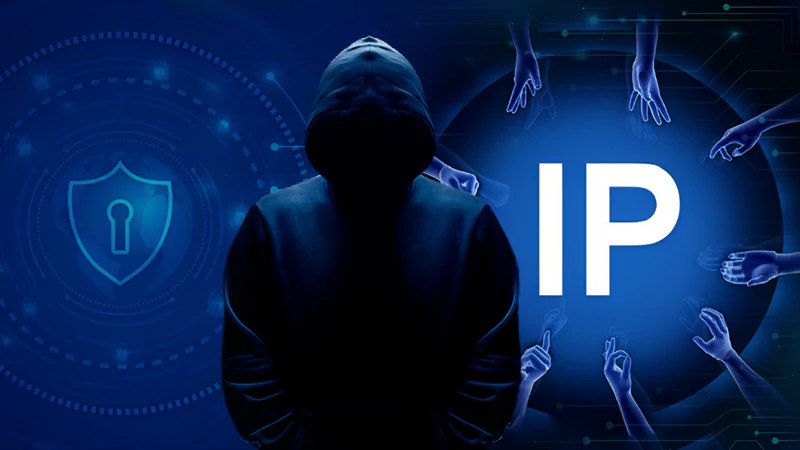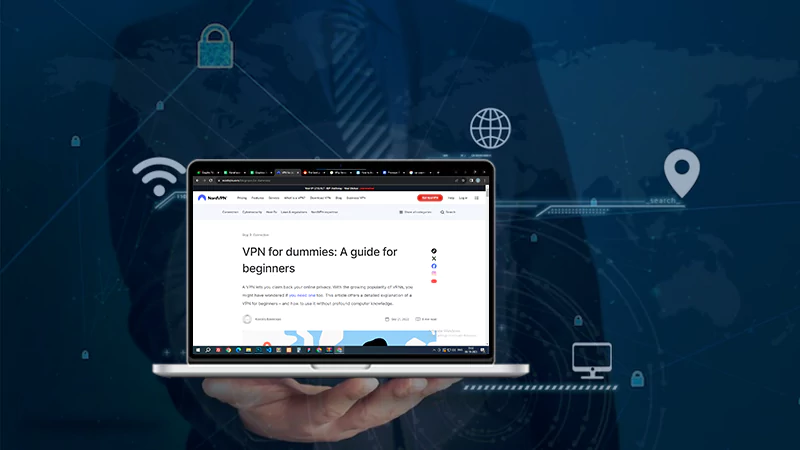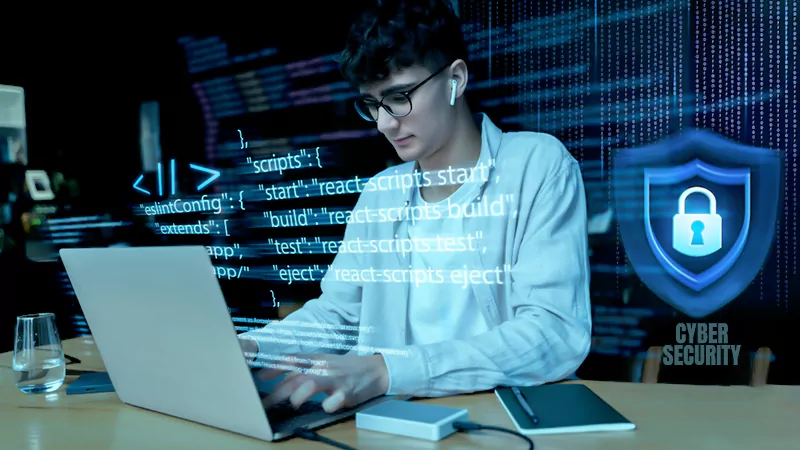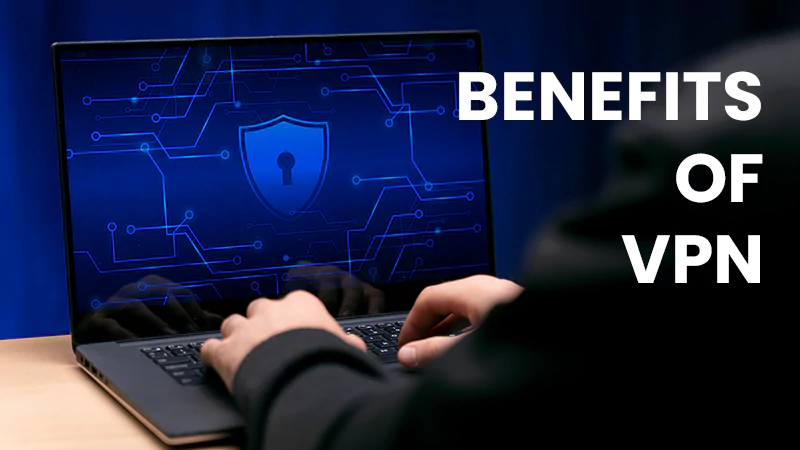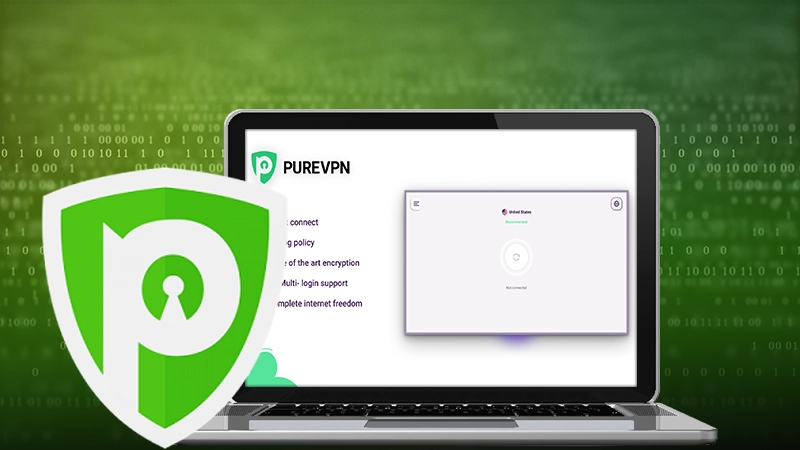How to Avoid Doxing
The Definition of Doxing
For the general audience, Doxing simply refers to the dropping box, which is a sort of online attack where hackers get a hold of the personal documents and information with the sole objective of exposing the identity of people who are looking to remain anonymous.
In most cases, the motive is to harass or embarrass the victim. Think of it like this, a hacker may simply expose the identity of an anonymous message just for the fun of it to make fun of or to bully the individual. In rare cases, it can even lead to the individual losing their job or being cast out of the group by their co-workers.
So, what was the whole point of this example? One should always tread words carefully when working online. Some might think that the internet is full of better things and gives you the freedom to say what you want to, but it can backfire easily.
Some even think that creating a fake identity on the internet gives them the freedom to voice out their opinion and expressions, no matter the topic of debate, without ever having to worry about it coming back to haunt them.
But now that you know about the concept of doxing attacks, reality can hit you from any side of the internet. The best possible way How to protect yourself from getting doxxed is by being careful about what you post on the internet and never sharing any sort of personal information on any online forum, or social media platforms.
But where did the concept of doxing come from? Let us dig into that.
Doxing-The Beginning
According to legends, doxing is nothing more than an online attack, but it was not always like this. Way back in 2017, wired.com covered a story where a doxing attack was launched on an office in the United Kingdom that was working to improve race relations and the attack was not online.
What went down was that right extreme activists posted the official phone number of one of the workers in public toilets across the town of London. This led to further distress for the employee, since he was greeted by agitating phone calls from time to time.
This only goes to show that doxing is not limited to online attacks, and people who have motives can go to great lengths to make your life miserable. Although doxing is a lot easier now, courtesy of the social media platforms that are being used in all parts of the globe.
In a statement issued by the cyberbullying research center, it was stated that doxing generally involves the collecting of personal information and documents of an individual only to disperse the information in public without the knowledge or consent of the target.
Let us now get to know about some of the commonly used doxing methods.
Dodging Methods
- Phone lookup by reverse cell technology
- Packet sniffing
- IP tracking
- Stalking via social media
- Government record study
Now that we know about the methods as well, here are some simple tips that can come in handy to avoid getting doxxed.
How to Avoid Getting Doxxed
- Avoid sharing personal information-Every time you are trying to create an account on a social media platform, keep in mind to not share any sort of personal information such as date of birth, high school, hometown, and other things.
- Always change the privacy settings-Keeping your profile private will ensure that people that you know or that follow you will be able to see your activity.
- Ignore oversharing-Sometimes social media and online forums may feel like a safe space but can get you in trouble if you share too much information there.
- VPN for the win-A Virtual Private Network or a VPN can turn the tables for you as it can help in hiding your IP address since as soon as you connect with a VPN, your real IP address is kept under the shadows. This further means that the hackers won’t have the IP address to steal and track down your personal information.
- Come up with different usernames online-Using a different number of social media platforms can often land you in trouble if you use the same username everywhere. Try to come up with different usernames. Why? Because doing so makes it difficult for hackers to track you on the internet.
- Passwords matter-Having a strong password for your social media handles is one of the most important aspects if you want to ignore doxing. Having a strong password means that it will be hard for hackers to crack your password to change the personal information of your account. Make sure to use a good combination of upper, lower case characters, and symbols.
These are some tips that can be of use to dodge getting doxxed on the internet.
What Is Mobile Proxy And How Do They…
What Is Residential Proxy? Definition And Guide 2024
Protect Yourself from Cybercrime: Top 5 Smart Strategies…
Strategies for Cyber Success: Safeguarding and Managing Your…
Cybersecurity Course Online: Navigating the Digital Threat Terrain
Are You Being Spied On? 5 Reasons Why…
Fortifying Your Online Fortress: Unveiling the Best Paid…
The Imperative of Cybersecurity Integration in Front-End Development…
10 Tricks for Staying Cyber-Secure While Binge-Watching
Securing Your System: The Importance of Anti-Malware Software
Benefits of VPN for Enterprise Networks: Enhanced Security
PureVPN – The Best Streaming VPN


